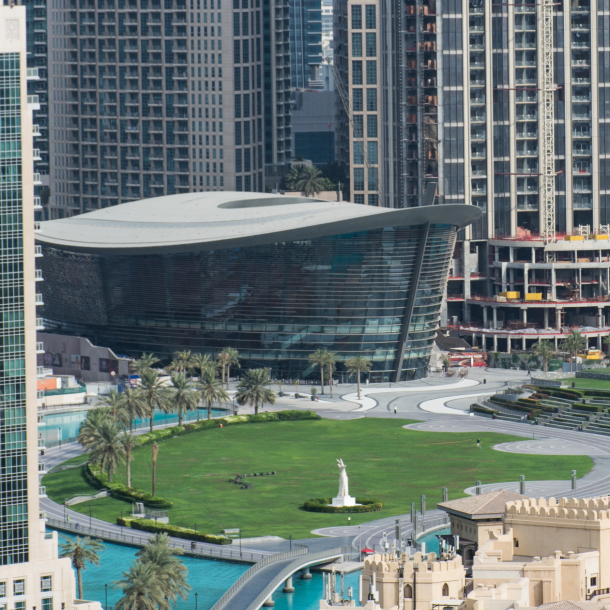
Extradition is a complex legal process where one country requests the surrender of an individual to face prosecution or serve a sentence. While the UAE is known for its robust extradition laws and international cooperation, there are circumstances where an extradition request may be refused. If you’re wondering “can extradition be stopped?”, this guide will help you understand the legal grounds and factors that influence the UAE’s decisions.
Extradition in the UAE operates under a combination of international treaties, domestic laws, and the principle of reciprocity. With extradition agreements in place with over 40 countries, including the United States, the United Kingdom, and India, the UAE plays a significant role in international judicial cooperation.
However, the process is not automatic. Extradition requests are carefully scrutinized to ensure compliance with both UAE law and international norms. This thorough evaluation provides opportunities for extradition to be stopped under certain conditions.
If you’re asking “can extradition be stopped?”, the answer lies in specific legal and procedural grounds under UAE law. Here are the most common reasons extradition may be denied:
One of the fundamental principles in extradition law is dual criminality—the alleged offense must be a crime in both the requesting country and the UAE. If the offense is not recognized as a crime under UAE law, the extradition request may be rejected. For example, a request based on actions that are not criminalized in the UAE, such as certain speech-related offenses, is unlikely to succeed.
The UAE, like many other countries, does not extradite individuals for political offenses. Crimes that are deemed political in nature, such as dissent against a government or political activism, are typically excluded from extradition agreements. This exemption is intended to protect individuals from persecution based on their political beliefs.
An extradition request must include sufficient evidence to justify the charges against the individual. If the requesting country fails to provide adequate proof, the UAE courts may refuse the request. The burden of proof lies with the requesting nation to demonstrate that the allegations are credible and substantial.
The UAE courts carefully consider whether the individual may face inhumane treatment, torture, or an unfair trial in the requesting country. If there is credible evidence that extradition could lead to violations of the individual’s fundamental rights, the request is likely to be denied. This aligns with the UAE’s commitment to international human rights standards.
Extradition can be stopped if the request conflicts with the UAE’s public policy or national interests. For instance, if extraditing the individual is deemed detrimental to the UAE’s reputation or violates its domestic policies, the courts may reject the request.
Although the UAE is not obligated to protect its nationals from extradition, certain requests involving Emirati citizens may be reviewed more stringently. While not a guarantee, this could provide a pathway to stopping extradition under specific circumstances.
The UAE judicial system plays a central role in deciding whether extradition can proceed or be stopped. Here’s how the process unfolds:
Even after a court has approved extradition, there are still limited opportunities to stop the process. Individuals may:
If you are facing extradition in the UAE, here are some practical steps to take:
These titles would better reflect the section’s content, which summarizes the key points about stopping extradition and emphasizes the importance of understanding legal rights in the UAE extradition process.
So, can extradition be stopped in the UAE? Yes, but only under specific legal and procedural conditions. Factors such as dual criminality, insufficient evidence, political offenses, and human rights concerns can all lead to a request being denied. The UAE’s extradition process is thorough and aligned with international standards, ensuring that justice is served while protecting individuals from unfair treatment.
For expats and professionals navigating the UAE’s legal landscape, understanding the grounds for stopping extradition is crucial. With the right legal strategy and a clear understanding of your rights, you can better defend against an extradition request and protect your future.